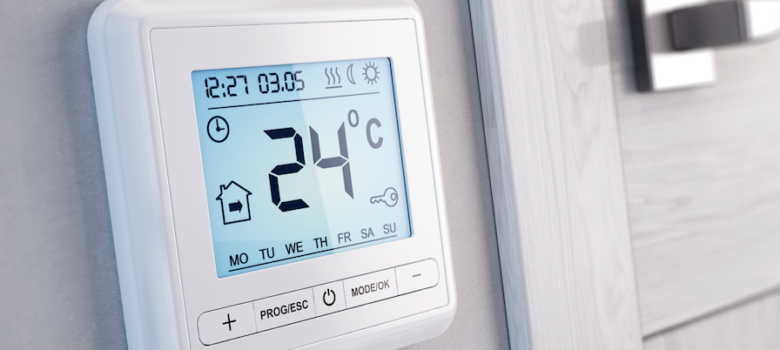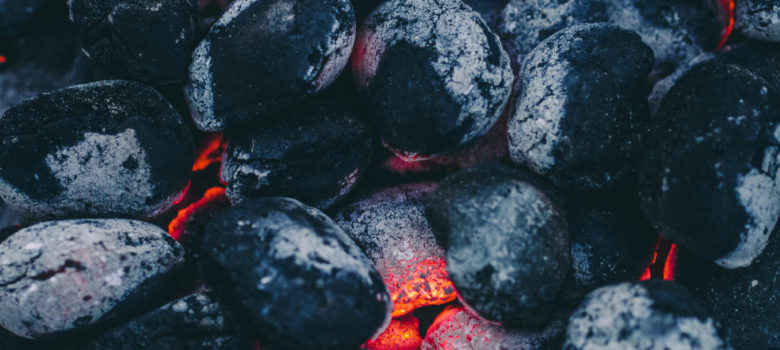
Many people in the UK still use heating oil to heat the homes – this is particularly common when the house is off the mains gas grid.
There are two mains types of heating oil:
• Gas oil (also known as 35 second viscosity heating oil)
• Kerosene (also known as 28 second viscosity heating oil)
Kerosene is the main type of heating oil used to heat homes here in the UK, although gas oil (which is very similar to diesel) is the most common type of heating oil used in Europe. In the UK, gas oil is commonly found in the agricultural sector, where it is used to power tractors and other agricultural equipment. In fact, gas oil can be used in diesel cars; however it tends to be dyed red (red diesel) so the authorities can track when it is misused in this way.
Kerosene heating oil to heat your home
Typically, kerosene gets burnt in oil boilers – these produce hot water and provide heating much like a conventional gas boiler. The benefit is that you can store large volumes of the oil on your property so you don’t need to be connected to the grid. Remember that approximately 4 million homes in the UK aren’t connected to the grid (out of a total of 27 million properties), so for many, oil boilers really are their only option!
Is heating oil expensive?
As of July 2016, the cost of 1 litre of was 33.78 pence based on a 1000 litre delivery. Obviously a bigger order may mean the cost comes down a little per litre and a smaller order may mean you might pay a little more.
In 1 litre of Kerosene, there are 10.35kWh of heat – so each kWh of oil works out at 3.2 pence per kWh. This is marginally cheaper than buying a unit of gas from the mains grid which works out at about 3.8p / kWh.
The 2 downsides of heating oil
There are a couple of major downsides when you heat your home with heating oil

When was young, we had a oil boiler at home which we used for our heating, hot water and cooking. I remember it was around Christmas and we ran out of oil, obviously this isn’t a common problem, but it does happen – fortunately we had very friendly neighbours who made sure we didn’t starve!
This is one of the major issues with oil though and is the reason that even though the price of heating oil is a bit cheaper, many people with access to mains gas will always stick with that!
The fluctuating price of oil
Secondly, the price of oil fluctuates based on world events, and therefore the price you pay for a full tank can be very different each time you fill up the tank. While it is currently comparatively cheap to buy heating oil (3.2p / kWh), only 18 months ago it was 4.5p / kWh. We would always recommend buying heating oil plenty ahead of time – ideally at the beginning of the summer when demand is generally low and therefore prices are also lower.
Where can I buy heating oil?
You can use the Federation of Petroleum Suppliers (FPS) directory to find suppliers in your area.













I use oil, I changed from gas 20 odd years back, because gas was so expensive;, second winetr quarter bill was £440.
my property is an 80 year old bungalow, fairly well insulated and all glass is sudg, there is some underfloor insulation, but its not complete and I have exposed floors (no carpets), there is a small log stove in lounge/diner , mostly for looks , but mainly I have rads, some I have updated to the low capacity convection type and will also do same to beds, in due course and when can get comparable size ,of rad not involving too much pipe work. The boiler is regularly serviced and the plumber also does a few other jobs , like checking zone valves , filters and pressure on loft tank – be careful here if you have pressurised , this often gets missed and any overflows can work out costly , fortunately thames water were accomodating on my waste when this happened in 2015, so pressurised not quite so brilliant as first sold to me, and you lose an airing cupboard as hot tank not needed as such.
Oil is fine, but the winter 7/.8 months in uk uses most fuel, I dont know comaprsions with gas , but for that period I’d suggest oil is little better, however the rest of time of year , you can have tons of hot water and negligible bills ,
IMO, regarding oil fillups, you really need a bigger tank than a lot of these modern plastic things, else you will be calling tanker round more than necessary, I use about 2500 litres annually, so get 2 calls a year, I never run tank dry, so in summer when oil is cheap – buy some, the tank has a visual gauge or you can dip same or get the eletric monitor, alleasy peasy stuff, with the adbvantage you can see what you’re using and what its costing you.
Steel tanks last 15/20 years, then you can repair or as I did replace , because I didnt fancy repairing it, guess what the hole/rust was only small, so could have got 5 years more..whole tank replacement and dealing with oil contents took about a day, cost little less than £1400.
would I go back to gas?and I’m on grid – simply no, another reason is modern gas boilers aint that good, they have top spec but often do 8 years then endof, but I suppose if you move every 10 years foesnt matter, I dont and wont be , so keep what i@ve got.
We have an oil boiler in our property but the village has just been connected to the mains gas grid. Do you think we should swap out the old boiler or shall we keep it?
Thanks for the advice on heating oils and for clarifying which is which. I had always thought that heating oils were used on the range; however, now I know that you can use them to heat up the home as well. My wife and I are actually looking for more cost efficient ways to heat our home and so we might try this out! Thanks again!
Very useful blog – needed to work out whether to put electric heating in or oil central heating.